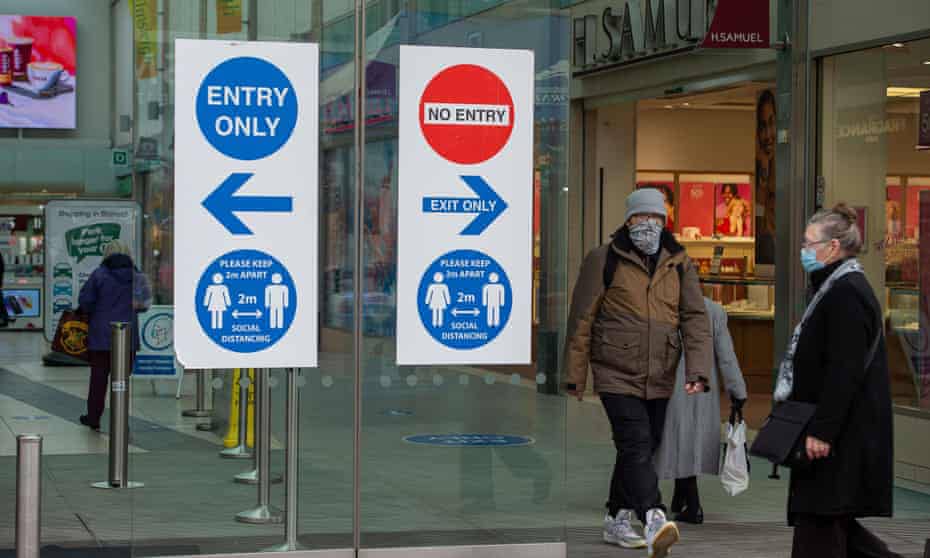In the haste to disperse taxpayer-funded emergency loans to businesses during the epidemic, the former head of Britain’s financial crime prosecutor claimed that “red flags were ignored” and questioned if fraud was treated seriously by the government, as captioned by Entrepreneurng report.
According to estimates by Parliament’s budget watchdog, fraud and error may have cost the UK government as much as £16 billion across all Covid loan programs, including those for small enterprises.
There had been warning indicators that ought to have been seen, according to Sir David Green, the director of the Serious Fraud Office (SFO) from 2012 to 2018.
Red flags were disregarded,” Green stated. It was a political need to get money out the door to help people and businesses and to keep the economy afloat, but just because you need to send money out the door doesn’t mean you should disregard common sense. And some of the warning signs that were disregarded, in my opinion, appear to imply that is exactly what happened.
Examples include failing to double-check with HMRC regarding a company’s trading history and turnover when it applied for a Covid loan or the fact that, in my opinion, more than 2,000 applications for a certain type of loan originated from the same business address.
Green, a lawyer at Cohen & Gresser where he defends complicated fraud cases and other white-collar criminal offenses, raised broader worries that fraud was not given priority.
I don’t think the SFO will succeed unless the government starts to take it seriously, he said. “And I believe there is evidence that the support is at best hesitant,” the author continued.
Green used a lack of funds to hire and maintain high-quality employees as proof, as well as the pay gap between the heads of the SFO and NCA (National Crime Agency), Britain’s counterpart of the FBI. The top position at the NCA was advertised with a salary of £223,000 in 2021, while the next SFO director will receive £184,000 in compensation.
Green asserted that the issue went beyond money. In his opinion, the SFO, specific areas of HMRC, and the police should not be the only places where people with knowledge and training in recognizing and preventing fraud are found.
Additionally, he stated that there was little deterrence for people who considered committing fraud at a time when it was “expanding daily” due to the internet. He ascribed it to systemic problems with the legal system, including delays. Justice needs to be speedy and furious to serve as a proper deterrence, according to Green, and it is not currently in connection to fraud.
In the wake of failed prosecutions and acquittals, the SFO has drawn unwanted attention, and even its independence as an organization has been questioned. He added that criticism was unwarranted because the jury would ultimately decide the case unless the judge dismissed it.
However, he draw attention to some of the issues he claimed were impeding the SFO, such as funding and outdated disclosure laws that, in his words, “are unrealistic in the world of digital material,” requiring prosecutors to comb through “millions of documents.” Green argued that rather than having the most complicated fraud cases decided by a jury, the most technical fraud cases should be decided by a panel of judges or a judge supported by experts.
The government has recovered more than £3.1 billion in fraud losses over the past two years, including losses from Covid-19 schemes, but we know there is still more we can do.
In conclusion, to further protect the public purse, the government is growing its counter-fraud profession, creating new technology, and improving training and skill sets.
Source: The Guardian











